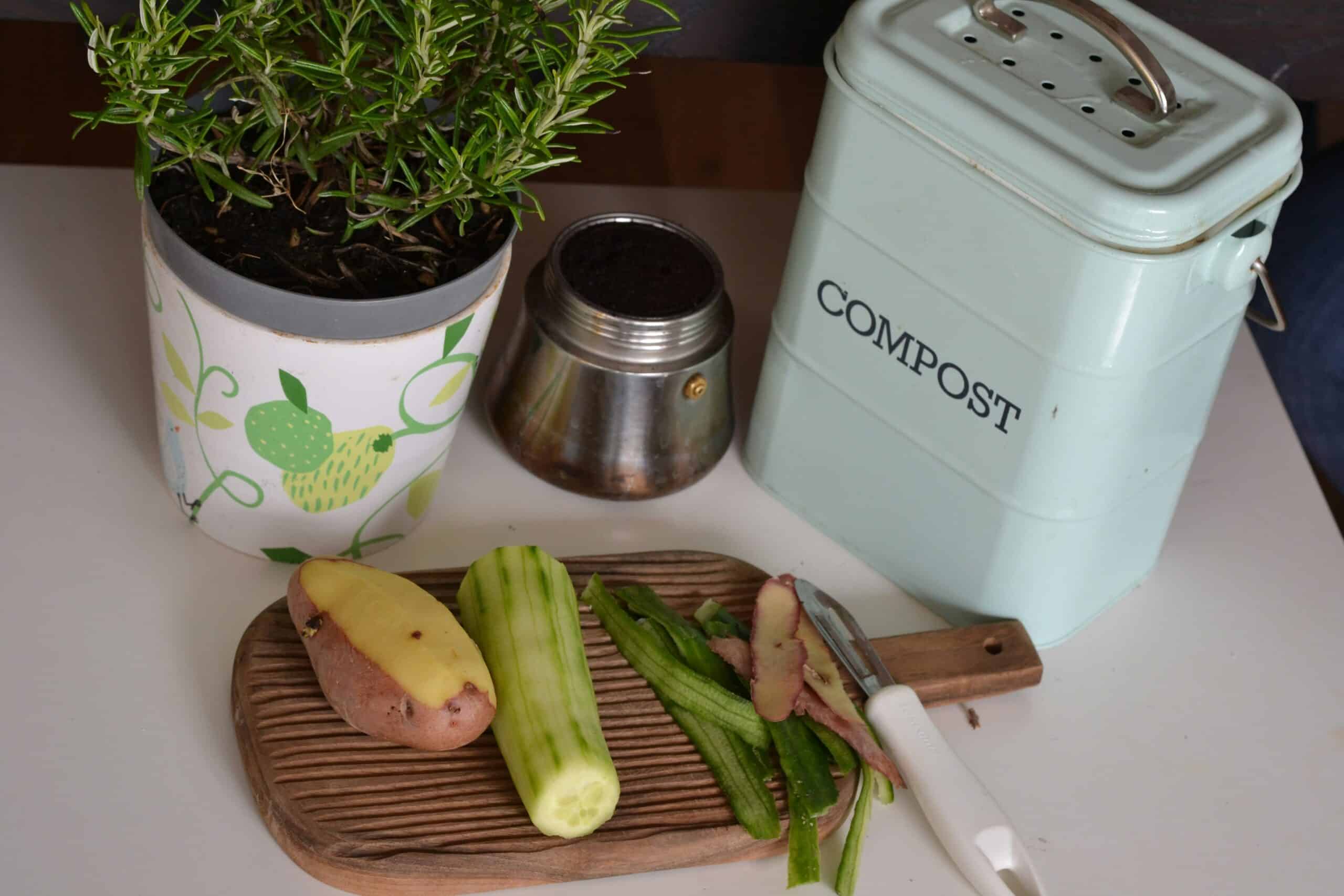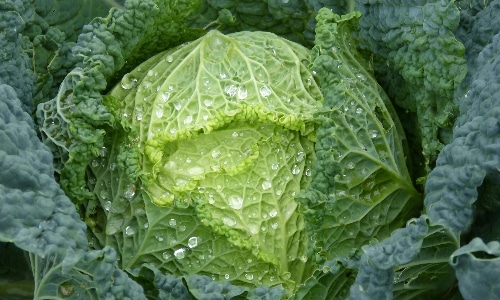
Every year, more than$ 9.5 billion is wasted in Arizona on food waste, which causes the loss of valuable resources and increased greenhouse gas emissions. Composting at home is one of the best ways to help reduce food waste. Composting can introduce the important nutrients to the soil to enhance the health of gardens, plants, and the environment.
Food waste accounts for more than 24 % of the material in landfills, and according to Waste No, the resources used to produce, package, and store that food, such as water, energy, and money, also count.  ,
What is compostable?
Knowing what you can compost at home is the first step in composting, so composting can help the environment. The majority of household natural waste and leftovers can be composted. The recommended composting ratio is 2: 1 of clean and colored waste. Brown waste includes leaves, cardboard, and crushed newspaper, while clean waste includes items like fruit and vegetable scraps, coffee grounds, and grass clippings.  ,
Basics of composting at home
The only things required to start a compost bin at home are a mix of “brown” and “green” scraps. To allow microorganisms to effectively break down the material added to the bin, it should have a 2: 1 ratio. Every week or two, the compost owner should turn the pile to add oxygen to the materials, which can speed up decomposition. The bin should be kept damp but not very wet.  ,
There are several affordable, beginner-friendly compost bins that can be used both indoors and outdoors, but it is not necessary to purchase an indoor or outdoor compost container. Some neighborhoods and apartment complexes also provide compost drop-off programs, which facilitate participation for households.  ,
Why Is Composting Important?
Households can play a significant role in reducing the amount of food waste that is sent to landfills by taking the time to compost bin food waste. Food waste that is disposed of in landfills must be decomposed without oxygen, which can lead to the release of methane, a potent greenhouse gas. Composting promotes healthier healthy ecosystems by allowing food to decompose in a way that benefits soil more than harming it.  ,
How to Store Compost Without Its Smell
Some people are concerned about the unpleasant smell associated with composting, but composting can be avoided with proper storage. Sealing the countertop container prevents smells from entering your home by purchasing one. By frequently dumping the container into an outside compost pile or bin, you can make sure the container isn’t very full, which could give off a stronger smell.  ,
Composting can be a simple and free way to improve your community and stop food waste. People can begin creating a nutritional base in their yards and gardens by starting a compost bin, which will reduce the staggering amount of greenhouse gases that the atmosphere releases each day. Whether it’s a one piece of fruit or an entire compost bin full of scraps, any food waste that can be avoided and used as compost has a positive impact on the environment.



